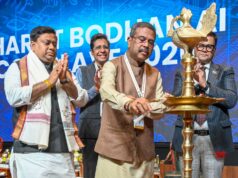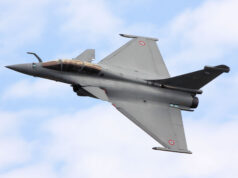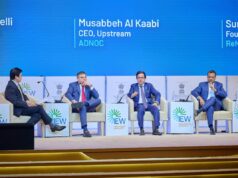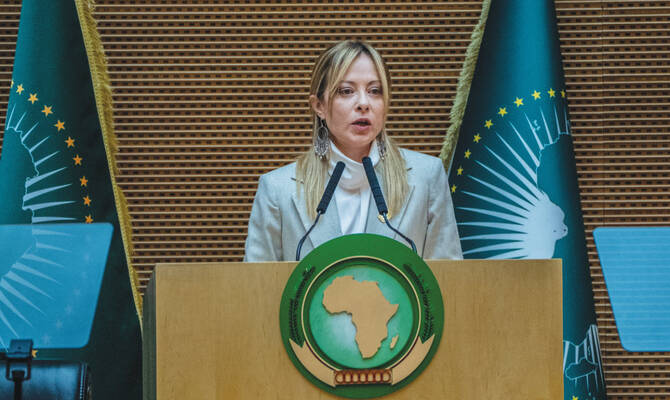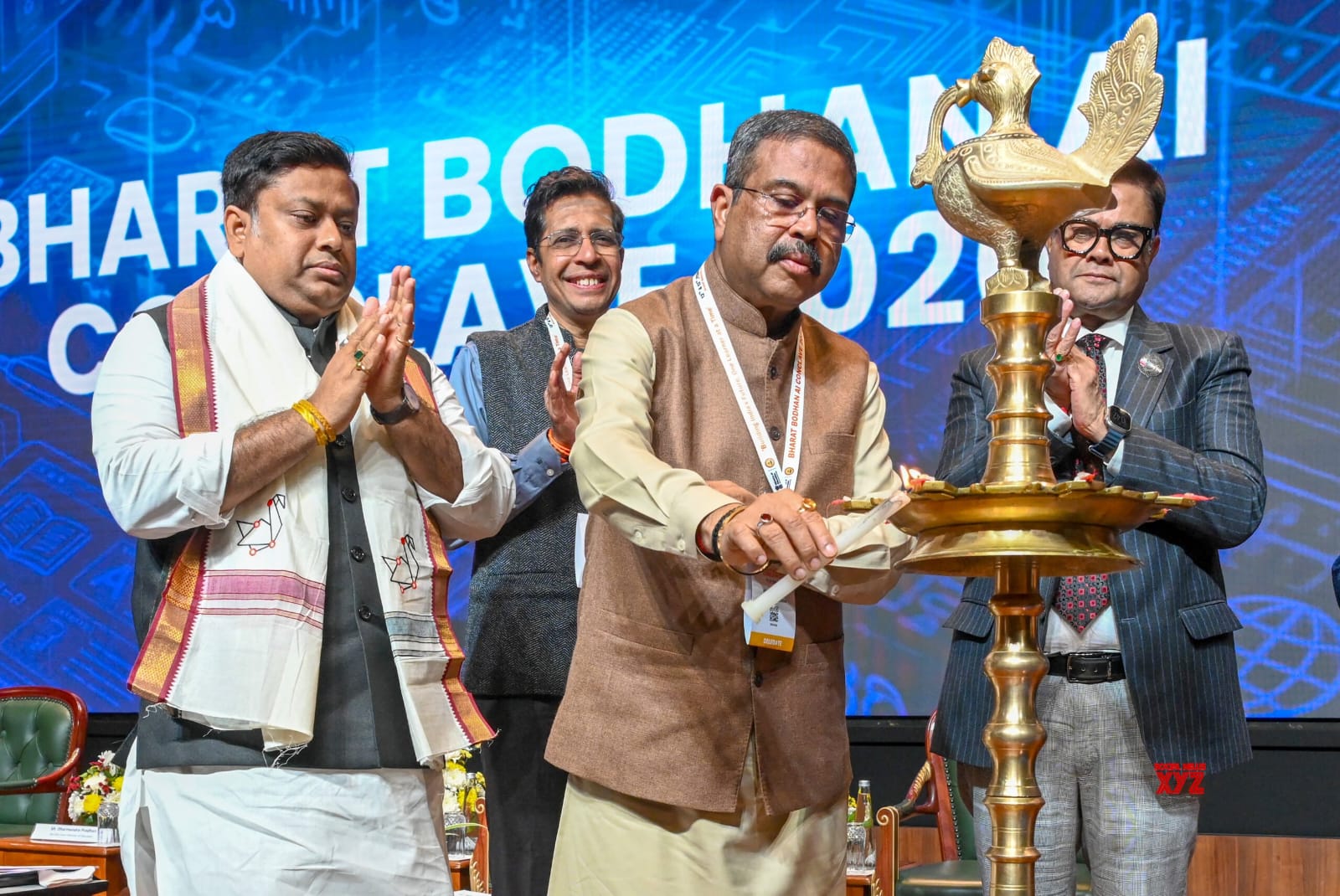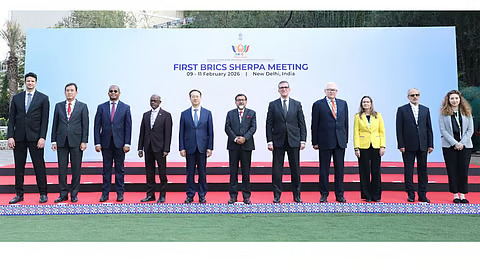The Nobel Prizes are globally recognised awards initiated by Swedish inventor, engineer, and philanthropist Alfred Nobel. In his 1895 will, Nobel expressed that his fortune should be used to honour individuals whose work has provided the greatest benefit to humankind, particularly in physics, medicine, chemistry, literature, and peace. The first Nobel Prizes were presented in 1901. Subsequently, the Swedish Central Bank introduced the Prize in Economic Sciences in memory of Alfred Nobel. Each Nobel Prize consists of a medal, a diploma, and a monetary award. Distinct organisations are responsible for selecting laureates in each category: the Royal Swedish Academy of Sciences for physics and chemistry, the Karolinska Institutet for medicine, the Swedish Academy for literature, and the Norwegian Nobel Committee for the Peace Prize.
The 2025 Nobel Prizes recognised a wide array of transformative achievements. The Nobel Peace Prize was awarded to Maria Corina Machado, a politician, social activist, and leader of the Venezuelan opposition, whose advocacy for human rights facilitated the country’s transition from dictatorship to democracy. The Physics Prize was presented to John Clarke, Michel H. Devoret, and John M. Martinis for research enabling the observation of quantum behaviour in macroscopic electrical systems, thereby advancing the foundations of quantum technologies. In Chemistry, Susumu Kitagawa, Richard Robson, and Omar M. Yaghi were honoured for developing metal-organic frameworks (MOFs), a new class of porous materials constructed by linking metal ions with organic molecules. These structures possess extensive internal surface areas, making them valuable for gas storage, carbon capture, and catalysis. Their work has expanded opportunities in clean energy, environmental protection, and industrial innovation, and is regarded as a significant advance in modern materials science. In Literature, Hungarian novelist Laszlo Krasznahorkai was recognised for a distinctive and thought-provoking body of work exploring themes of collapse, chaos, and existential uncertainty, emphasizing the sustaining power of art, imagination, and language. The Medicine Prize was awarded to Mary E. Brunkow, Fred Ramsdell, and Shimon Sakaguchi for pioneering discoveries in immune tolerance and the identification of regulatory T cells, which are crucial for understanding autoimmune diseases. The Prize in Economic Sciences recognised Joel Mokyr, Philippe Aghion, and Peter Howitt for their research on innovation-driven growth and the development of theories of creative destruction that explain the evolution of economies.
The 2025 Nobel Prizes once again underscored the transformative power of human ingenuity, creativity, and courage to shape the world. From groundbreaking scientific discoveries in quantum technology and medicine to literature that challenges our understanding of existence, and leadership that advances peace and human rights, this year’s laureates exemplify Alfred Nobel’s vision of benefiting humanity. The awards serve as a reminder of the enduring impact of knowledge, art, and moral commitment.


